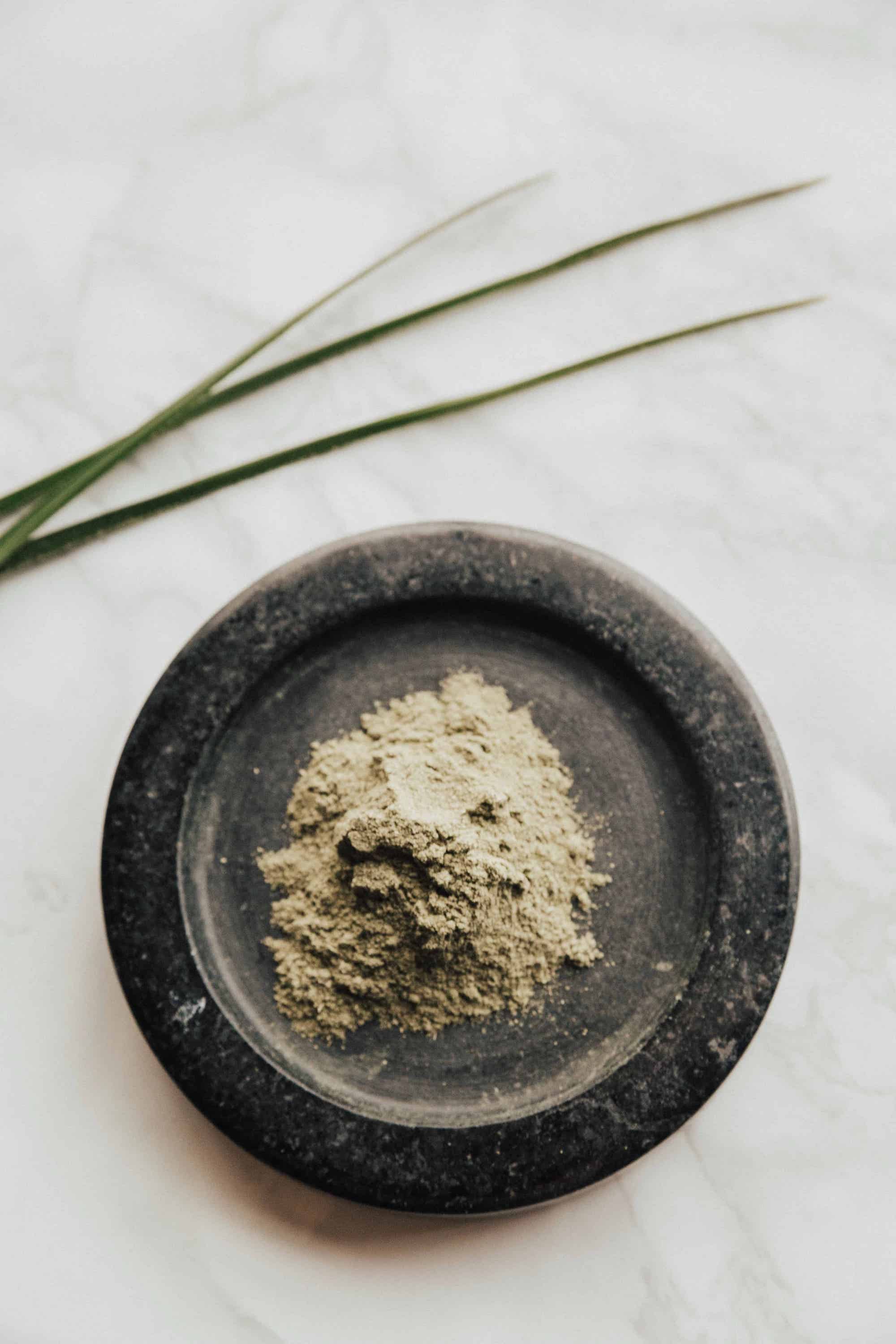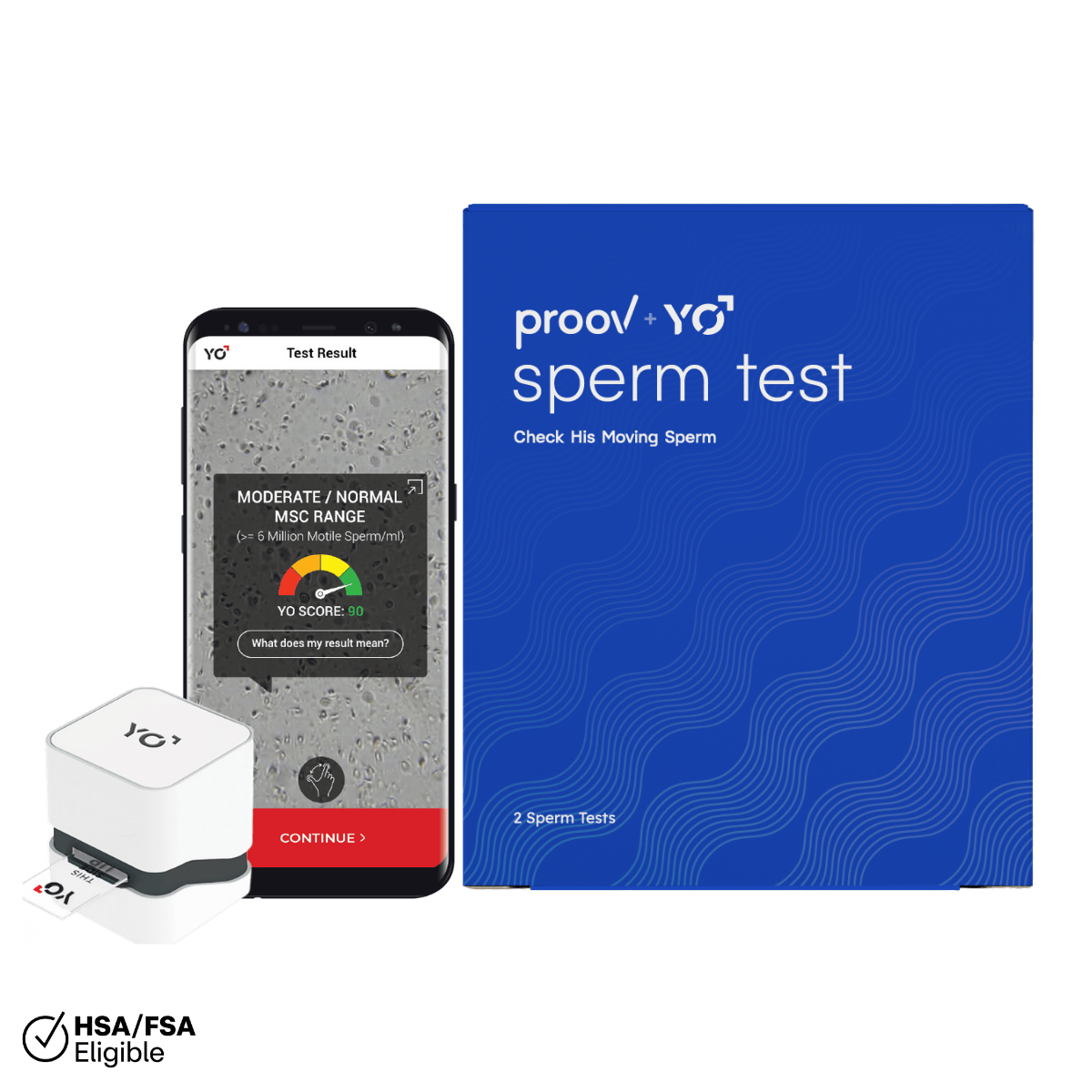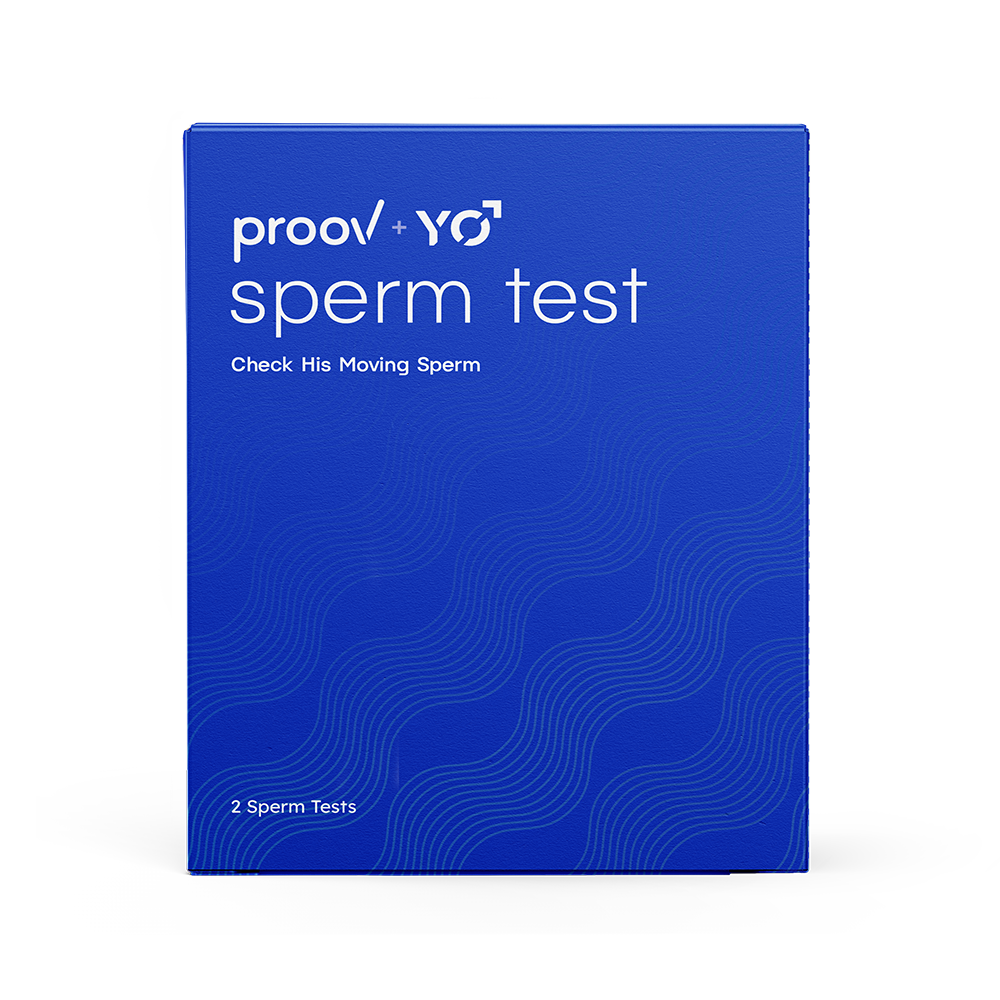Written by: Dr. Amy Beckley, PhD, Founder and Inventor of the Proov test — the first and only FDA-cleared test to check for successful ovulation at home.
Written on 12/6/21
We’re all about sharing tools which can help women on their fertility journeys. But, with so much information and so many resources out there, we’ve found that helpful tools sometimes get a bad rep.
Herbal supplements meant to support progesterone production, for example, have a lot of controversy surrounding them. Some of our favorites — maca, vitex and ashwagandha — are often surrounded by myths, even though they can be super beneficial.
Keep reading to learn more about myths surrounding herbal supplements and the truth, backed by science of course!
Why do people take herbal supplements?
For starters, let’s talk about herbal supplements. These supplements may be taken for a variety of reasons, including supporting natural hormone production, promoting high egg quality, or relieving hormonal imbalance symptoms.
But many people add supplements blindly, meaning they start taking new supplements without fully understanding their baseline hormone levels. In fact, many of the risks of the following supplements are caused by incorrect use or dosage. This is why we always encourage Proovers to test hormone levels before trying to treat them.
Vitex
What is vitex?
Vitex, also called chaste berry, is a common herbal supplement known for supporting your body’s natural progesterone production and easing premenstrual syndrome (PMS) symptoms. It can be found in pills and fertility teas.
How does vitex work?
What does vitex do? In a natural cycle, luteinizing hormone (LH) sends a signal to the ovary after ovulation to start producing progesterone. Oftentimes, when someone doesn’t have sufficient progesterone production during the luteal phase, it’s because the LH signal isn't strong enough.
Taking vitex during luteal phase stabilizes the LH signal and ensures it’s strong enough throughout the entire phase to promote the ovary to produce progesterone.
Myth: Vitex causes miscarriage.
The most common myth about vitex is that it increases the risk of early miscarriage.
Fact:
There is no scientific evidence that vitex directly causes early miscarriage. Studies show, however, that low progesterone can cause early miscarriage when not properly treated. While vitex can be a good option for supporting progesterone production, it’s not always the best option for everyone.
This is because some people may need more progesterone support than others. While vitex can support levels if they’re slightly lower than normal — think an Ovulation Score like 70-80 — it may not be effective for those with a more severe deficiency, like an Ovulation Score below 50.
Additionally, in order to get the most benefit from vitex, you must use it correctly. We know that vitex supports the LH signal during the second half of your cycle; if taken earlier in your cycle, vitex won’t support progesterone levels when they’re needed most which, in some cases, can cause early miscarriage.
Contrary to the myth completely, studies show vitex can improve progesterone levels in cases of recurrent pregnancy loss. Additionally, a separate study showed vitex to be an effective treatment for luteal phase defect, i.e. a short luteal phase caused by low progesterone levels.
Myth: Vitex messes up your cycle.
Another myth about vitex is that it can mess up your cycle, i.e. make a regular cycle irregular or make an irregular cycle even more irregular.
Fact:
As we mentioned above, when you take vitex during your cycle matters. Taking vitex too early (during the follicular phase) can potentially cause a hormonal imbalance and even inhibit ovulation altogether.
However, we also know vitex is present in many different fertility supplements and sometimes these supplements recommend usage all cycle long. While it’s always best to consult with your doctor, we’ve seen the best results when vitex is used only during the second half of your cycle.
Additionally, we see a lot of people blindly using vitex when they may not even need it. This can definitely mess up the regularity of your cycle. We always recommend testing your progesterone levels before treatment so as to not add anything to your regimen that may cause more harm than good.
Regardless of the anecdotal evidence, studies show that vitex is an effective method for improving PMS symptoms and supporting progesterone production. Other studies show that midwives and herbalists use vitex to prevent early miscarriage, relieve PMS symptoms, and improve luteal phase defects.

Studies show that vitex is an effective method for improving PMS symptoms and supporting progesterone production.
Ashwagandha
What is ashwagandha?
Ashwagandha is an herb commonly used for stress management and overall well-being. It has been used for a variety of conditions, such as insomnia, aging, anxiety, and even infertility.
How does ashwagandha work?
Ashwagandha helps reduce stress and promotes healthy progesterone production by inhibiting production of the stress hormone, cortisol. It calms the glands which produce cortisol, the adrenal glands.
When our body is super stressed out — whether that be from intense exercise like Crossfit or work — it produces cortisol to combat the stress. When our cortisol levels increase, this signals to our body that we’re under stress and it’s likely not the best time to reproduce.
In this case, our ovaries stop functioning optimally, meaning they don’t produce the all important progesterone. Ashwagandha calms the adrenal gland and cortisol production, thus promoting healthy progesterone levels.
Myth: Ashwagandha causes miscarriage.
The most common myth about ashwagandha is that it causes miscarriage.
Fact:
Ashwagandha, in correct amounts, does not cause directly miscarriage. Studies show small amounts of ashwagandha is effective in reducing stress and cortisol.
Too much ashwagandha, however, can inhibit the function of the adrenal glands altogether. Our adrenal glands produce essential hormones that regulate normal body functions. Without these hormones, you could face other risks.
However, it’s important to note that you should not take ashwagandha if you are pregnant. Once you get that positive pregnancy test, doctors recommend discontinuing ashwagandha use.
Myth: Ashwagandha only supports male fertility.
There are several studies showing that ashwagandha supports semen quality, sperm quality, and male fertility. However, many people believe ashwagandha only supports male fertility and has no benefit for women.
Fact:
As we’ve seen, decreasing cortisol levels — with the help of ashwagandha — can support healthy progesterone levels in women. Studies show elevated cortisol levels can inhibit ovulation and progesterone production.

Studies show that elevated cortisol levels can inhibit ovulation and progesterone production.
Maca
What is maca?
Maca is a Peruvian plant that has been used for fertility for a long time. It can be found in many forms, including powder and tea.
More commonly, maca is known as an aphrodisiac and for its ability to support libido.
How does maca work?
Maca is often considered a hormonal adaptogen, meaning it adapts to your body’s individual hormonal needs. This is because it generally supports the endocrine system in producing balanced hormone levels.
Like vitex, maca also supports your body’s LH signal during the second half of your cycle, which promotes the ovary to produce progesterone.
Myth: Maca only supports male fertility.
There are many studies showing the effectiveness of maca for supporting male fertility, including sperm health. Since maca improves libido, many people assume maca increases testosterone and shouldn’t be used for women.
Facts
While maca can be beneficial for men, it can also be beneficial for women. There is no evidence that maca increases testosterone levels in women.
In fact, a recent study found that a supplement including maca helped regulate the menstrual cycle, stimulate ovulation, and increased the likelihood of getting pregnant in women.
Here at Proov, we’re all about science and ensuring you have the most accurate information to support your decisions on your fertility journey. As always, we recommend consulting your doctor before adding anything new to your regimen, but hopefully this information can help you have more informed conversations.













